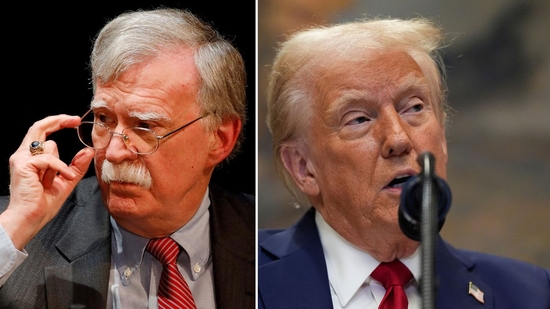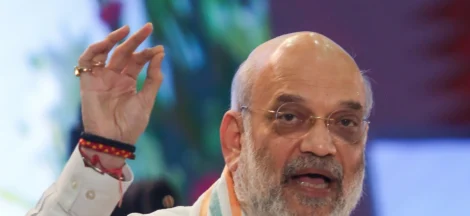Former US National Security Advisor John Bolton has affirmed India’s right to self-defence in the wake of the April 22 Pahalgam terror attack, which claimed 26 lives. Speaking to NDTV, Bolton emphasised that India is “entitled to retaliate and try to eliminate terrorist threats” to its sovereignty and people, while also urging New Delhi to exhaust all diplomatic avenues before considering military action.
Bolton acknowledged Prime Minister Narendra Modi’s measured response, noting that Modi had “exercised a great deal of restraint” despite the provocation. He drew parallels to the 2019 Pulwama attack, where 40 Indian paramilitary personnel were killed, leading to airstrikes on Jaish-e-Mohammed camps in Balakot. Bolton suggested that India’s restraint sets a precedent for other nations facing similar threats.
The Pahalgam attack, attributed to The Resistance Front—a proxy of the Pakistan-based Lashkar-e-Taiba—has intensified tensions between India and Pakistan. In response, India launched Operation Sindoor on May 7, targeting nine terrorist hubs in Pakistan and Pakistan-occupied Jammu and Kashmir. This operation marked a significant shift in India’s counterterrorism strategy, with Indian forces reportedly striking targets 100 kilometres inside Pakistani territory, a first in such operations.
Bolton stressed the importance of precision in any military response, stating that targeted strikes against the responsible group would demonstrate India’s lack of broader ambitions and offer Pakistan a “face-saver opportunity” to de-escalate. He also highlighted the potential role of China, Pakistan’s close ally, in pressuring Islamabad to control terrorist groups operating within its borders.
The international community has expressed concern over the escalating situation. The United Nations has urged both India and Pakistan to exercise “maximum restraint” to prevent further deterioration of regional stability. Meanwhile, the United States, under President Donald Trump, has offered to mediate between the two nations, though India maintains that the ceasefire is a bilateral matter.
Domestically, India has taken several measures to bolster its security posture. The Ministry of Home Affairs has instructed states to conduct extensive civil defence drills, including air raid sirens, blackout protocols, and evacuation plans. Additionally, India has suspended the Indus Waters Treaty, a move that allows it to proceed with hydroelectric and irrigation projects previously hindered by Pakistani objections.
Pakistan, on the other hand, has responded by repositioning its radar systems closer to the Indian border and conducting air-readiness drills. The Pakistani military has warned India against further aggression, stating that violations of the ceasefire would be met with a stronger response.




 India Monitors COVID-19 Uptick
India Monitors COVID-19 Uptick 